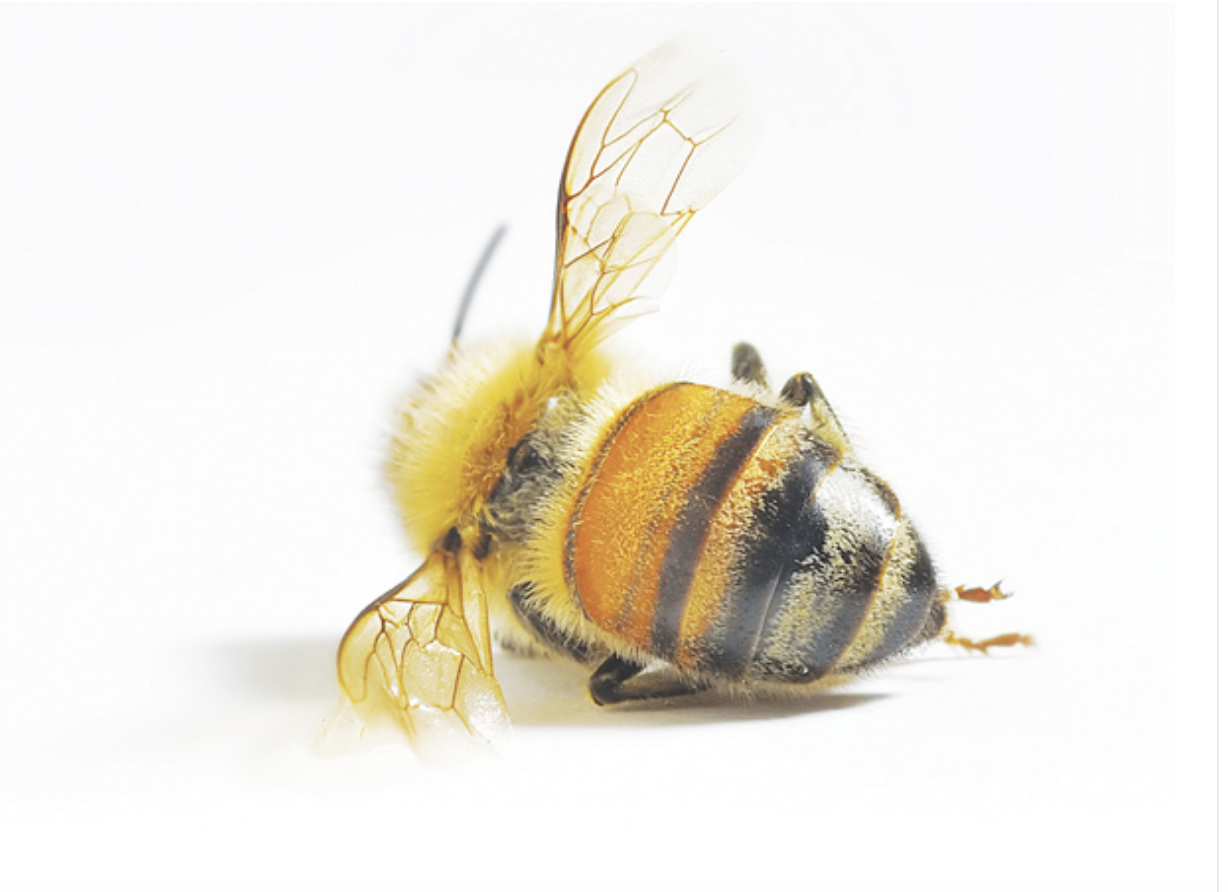tIPPING THE BALANCE
Tipping the Balance
With great enthusiasm in September of 2021, Lady Ripple launched Florence’s first urban beehives in order to create better biodiversity and the “greening” of the city and spread awareness for the importance of bees to our planet. Six months on, we were saddened to learn that one out of two of our bee families did not survive the winter and its queen perished in February. During the autumn and winter period, it is normal that a percentage of bee families die off every year. The number usually hovers between 20% to 30% depending on the year. These past few years, however, the percentage of deaths has been at their highest in Tuscany and beyond.
Bees are delicate creatures, and even more so now that climate change, environmental pollution and farming and gardening with pesticides has detrimental effects. There is no doubt that bee populations are weakening. When we think of the natural world and all of its biodiversity there must always be a consideration of balance and the part we humans play upon tipping the scales. Bees pay a particular role in the web of life as they promote the delicate balance that sustains complex ecosystems that allow a diverse number of different species to co-exist. The magic of pollination contributes to the rich selection of food that reaches our tables. The Food and Agriculture Organization of the United Nations (FAO) estimated in 2021, that of the 100 crop species that provide 90% of food worldwide, 71 are pollinated by bees.
In the case of the Lady Ripple San Miniato urban hive, the death of the bee family was in no way a factor of hunger. When the vibrant, large and healthy bee family relocated to Florence from its organic home in the countryside, the family had already produced ample honey and supported a robust and healthy queen. Upon the recent February investigation of the hives by Stefano di Filippo, our organic beekeeper, he found evidence that plenty of honey had remained in the hive. From his many years’ experience, he surmised that a series of events attributed to their deaths. Most likely, the first antagonist struck during the annual autumn maintenance of the surrounding area and gardens, where a lethal cocktail of herbicides and pesticides are dispensed. The end of October and beginning of November is the precise moment annually when herbicides are used before the Winter freeze. In this case, pesticides and herbicides had obvious effects both upon our bee family that perished as well as upon the family that still lives.
When a bee family is exposed to such herbicides, it greatly weakens the health of the hive and its overall immune system. All bee families have a viral load base and remains dormant as long as there is not external action which would compromise it. When their immune defenses weaken due to the external poisonous agents, they subsequently became ill. It is surprisingly not dissimilar to humans when their immune system is compromised. The evidence suggests that our bee family surely tempted to resist because the bee scouts continued to collect pollen to maintain the survival of the hive and its queen.
This second antagonist in their demise is most likely due to environmental pollution. With the higher red levels of environmental pollution that occurred in Florence during December and January, the already compromised hive then developed a disease typical of bees such as Nosema apis, which sealed its fate. It was the climate and environmental pollution that played the final part in the bee family’s last months. Although Florence has remarkably decreased its air pollution by 20% in recent years, it gives great pause for reflection that bees are once-again a bio-sampler for us humans with direct implications for our own public health, the air we breathe and the food we eat.

